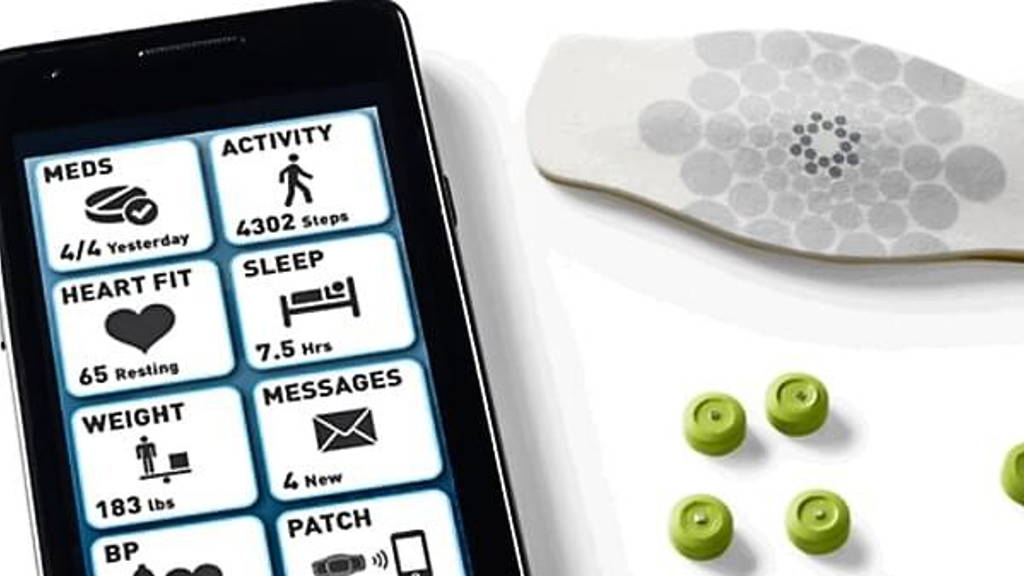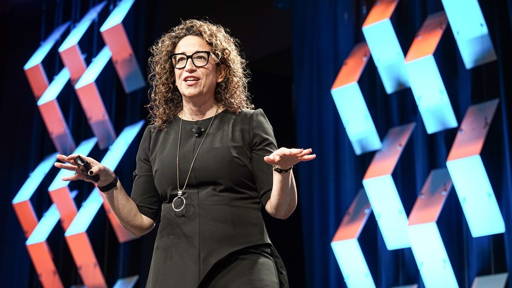Several months ago we wrote about the fact that British Airways wants to use Proteus to address fear of flying, and now a Children’s hospital in Texas wants to use the smart pills to monitor young patients after organ transplant.
The Children’s Hospital of Texas tested the technology on 32 patients. It turned out to be a excellent solution for children undergoing organ transplant. “What happens when you’re 15 or 16?” Julie Hall-Barrow, the vice president of virtual health and innovation at Children’s Health said this week at the Digital and Personal Connected Health conference at HIMSS17.
As soon as the patient swallows a pill, the sensors signal that the medication is taken. The patient vital functions, such as heart rate and temperature, are measured via the patch, after which all the data is transferred via Bluetooth to an app and passed along to the health providers. This way the patients are being monitored not only what and when they take it, but also how the body responds.
Children’s Health plans to expand this program with patients how have not had a transplant yet, but are on the list. They also want to put the children on a BYOD system, so they can read their own data on their device, instead of being dependent of the hospital. They’re also working with Proteus to place the sensor into different medications and to make the patch feel more pleasant on the skin of children.
The Children’s Hospital of Texas tested the technology on 32 patients. It turned out to be a excellent solution for children undergoing organ transplant. “What happens when you’re 15 or 16?” Julie Hall-Barrow, the vice president of virtual health and innovation at Children’s Health said this week at the Digital and Personal Connected Health conference at HIMSS17.
Mom on your back
“You want to start driving, making decisions, you’re independent, your mother is not on your hip 24-7. But the problem with this population is their mother had to be on their hip 24-7. It’s an extreme disease that requires a lot of regimen, and for a lot of kids the transition from Mom or Dad doing these things to doing it themselves is the transition from child to adult. And they have to do it, but there’s got to be a better way.”As soon as the patient swallows a pill, the sensors signal that the medication is taken. The patient vital functions, such as heart rate and temperature, are measured via the patch, after which all the data is transferred via Bluetooth to an app and passed along to the health providers. This way the patients are being monitored not only what and when they take it, but also how the body responds.
Children’s Health plans to expand this program with patients how have not had a transplant yet, but are on the list. They also want to put the children on a BYOD system, so they can read their own data on their device, instead of being dependent of the hospital. They’re also working with Proteus to place the sensor into different medications and to make the patch feel more pleasant on the skin of children.








